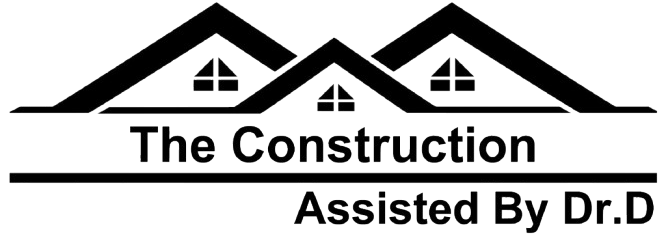About – Theconstruction.in
Construction is the primary activity for Infrastructure Development such as roads, bridges, and public transportation systems, facilitating mobility and connectivity. Housing such as residential buildings, ensuring people have safe and comfortable places to live.
Economic Growth: The construction industry stimulates economic activity by creating jobs, promoting local businesses, and attracting investments. Community Development: Constructed facilities like schools, hospitals, and parks enhance community well-being and quality of life.
Sustainability: Modern construction practices focus on sustainability, utilizing eco-friendly materials and energy-efficient designs, which help combat climate change.
Cultural Identity: Architectural styles and structures often reflect cultural values and heritage, contributing to a community’s identity.
Safety and Resilience: Well-constructed buildings and infrastructure improve safety against natural disasters and ensure resilience in the face of environmental challenges.
To fulfil the above objects, the following steps could be helpful to get the desired outcome in a planned manner.
Here at Dr. D Project and Resource Management Service we help to fulfil the above objects, the following steps could be helpful to get the desired outcome in a planned manner.
Pre-Construction Phase:
1. Project feasibility studies
2. Site selection and acquisition
3. Design development and review
4. Budgeting and cost estimation
5. Scheduling and timeline development
6. Permitting and approvals
Construction Phase:
1. Site management and supervision
2. Contract administration and procurement
3. Quality control and assurance
4. Safety management and monitoring
5. Cost management and control
6. Schedule management and tracking
Post-Construction Phase:
1. Project close-out and handover
2. Commissioning and testing
3. Warranty and defect management
4. Final accounting and financial close-out
5. Lessons learned and knowledge transfer
Key Services:
1. Project planning and coordination
2. Risk management and mitigation
3. Communication and stakeholder management
4. Document control and record-keeping
5. Change management and dispute resolution
Delivery Methods:
1. Traditional (Design-Bid-Build)
2. Design-Build
3. Construction Management at-Risk (CMAR)
4. Public-Private Partnerships (PPP)
Benefits:
1. Improved project timelines and budgets
2. Enhanced quality and safety standards
3. Reduced risks and disputes
4. Increased stakeholder satisfaction
5. Better value for money
Industry Applications:
1. Real estate development
2. Infrastructure projects (transportation, energy, etc.)
3. Industrial and manufacturing facilities
4. Commercial and residential buildings
5. Healthcare and educational institutions
PCM Team Structure:
1. Project Manager
2. Construction Manager
3. Design Manager
4. Quality Assurance/Control Specialist
5. Safety Manager
6. Cost Engineer
7. Scheduler
8. Document Controller
Best Practices:
1. Agile project management methodologies
2. Building Information Modeling (BIM)
3. Lean construction principles
4. Integrated project delivery (IPD)
5. Collaborative stakeholder engagement
